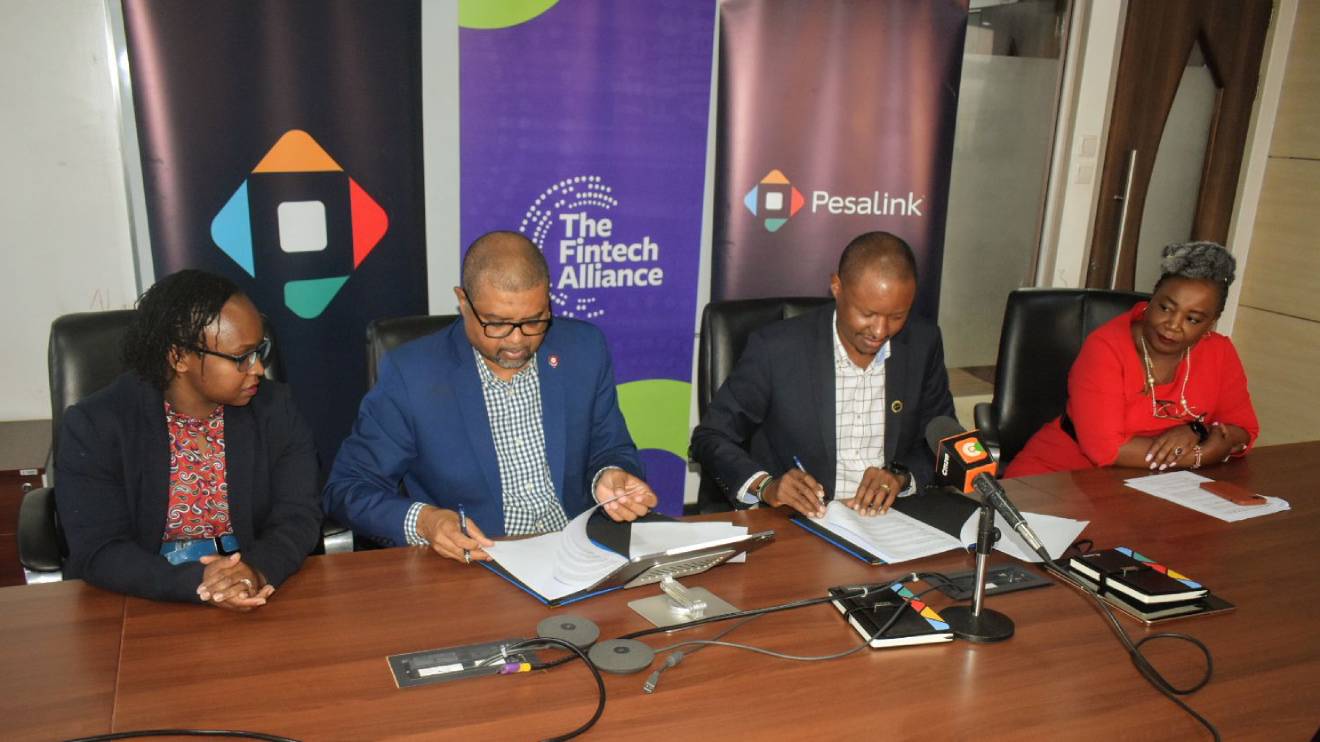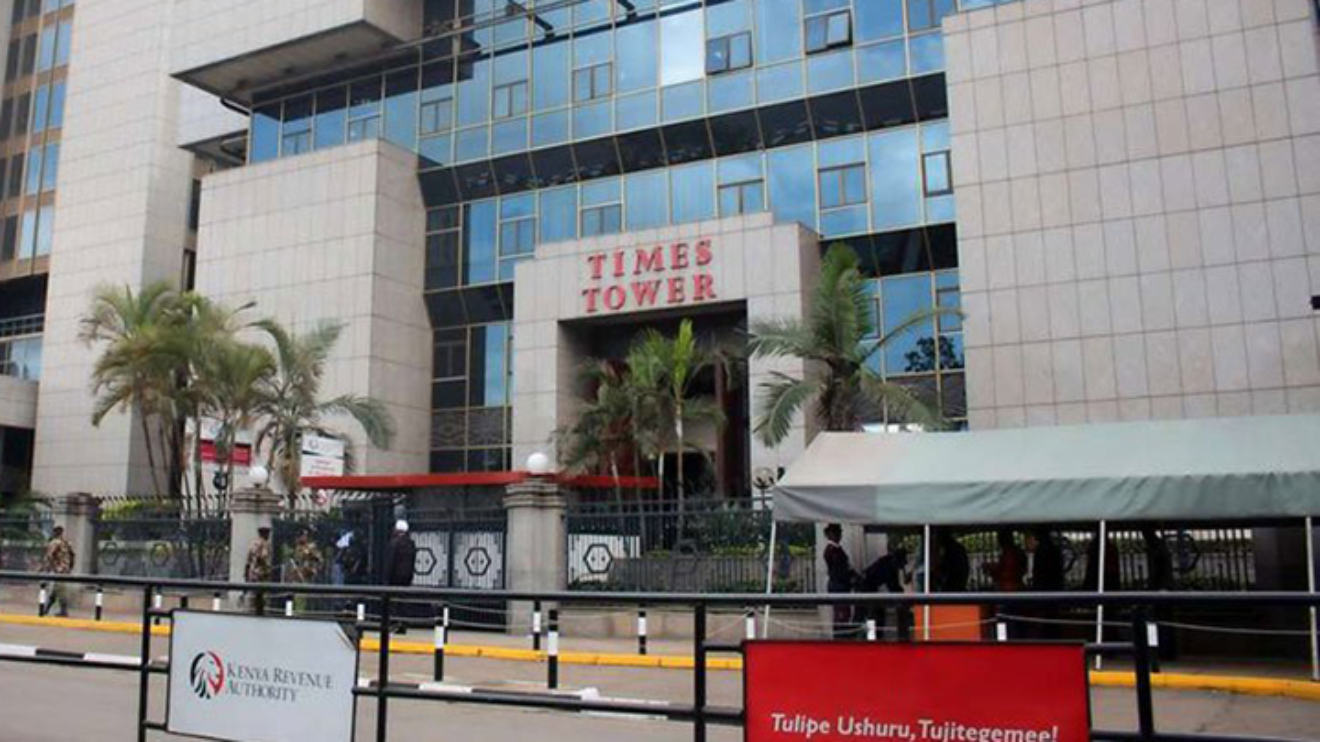A Sh6.5 billion deal has been sealed between the United Nations Development Programme (UNDP) and the Africa Minigrid Developers Association (AMDA) to fast-track solar-battery minigrid solutions for rural communities across Africa.
The Memorandum of Understanding (MoU) was signed on June 19 during the Africa Energy Forum in Cape Town, signalling a renewed push to close the continent’s electrification gap through clean, decentralised energy.
The agreement forms a cornerstone of the Africa Minigrid Programme (AMP), a Global Environment Facility (GEF)-funded initiative backed by the African Development Bank and RMI.
The USD 50 million programme, equivalent to approximately Sh6.5 billion, aims to unlock investment, enable policy change and scale up access to electricity in underserved areas.
Under the new pact, UNDP and AMDA have outlined five core pillars of cooperation: technical assistance, capacity building, policy advocacy, data and digital innovation, and resource mobilisation.
Read More
The collaboration merges UNDP’s policy reach and institutional influence with AMDA’s on-the-ground industry knowledge and network of private developers to create what both parties hope will be a powerful engine for minigrid growth.
Mateo Salomon, UNDP’s Head of Climate Change Mitigation, emphasised the urgency of bridging the investment gap. He said, “We know that minigrids are one of the most practical and cost-effective solutions for rural electrification in Africa. But to scale, we must bridge the gap between ambition and bankability. This partnership with AMDA helps us do exactly that— aligning the development community, government and private sector to turn potential into reality.”
Olamide Niyi-Afuye, Chief Executive Officer of AMDA, underlined the importance of institutional alignment and long-term cooperation.
“This MoU underscores our shared commitment to scaling minigrid deployment through data-driven policy advocacy, catalytic financing, and capacity building. By aligning our strengths, we aim to create a more enabling ecosystem for minigrid developers and accelerate progress toward universal energy access in Africa,” Niyi-Afuye, stated.
Despite the momentum, the sector faces persistent headwinds.
According to AMDA’s third edition of the Benchmarking Africa’s Minigrids report, while the market is expanding and contributing to higher electrification rates and job creation, it is also being slowed by a combination of regulatory uncertainty, financing constraints and supply chain fragility.
The report urges governments, financiers and other stakeholders to double down on data-driven strategies to scale up deployment and lower costs.
The UNDP-AMDA agreement is therefore seen as a strategic intervention at a critical moment, where technical innovation alone is no longer sufficient without targeted, system-level support.
As African nations look to meet growing energy demands without deepening carbon dependence, minigrids have emerged as a linchpin technology for achieving inclusive, low-emission development.
With this new collaboration, both organisations hope to turn policy blueprints into real-world access for millions still living off-grid.

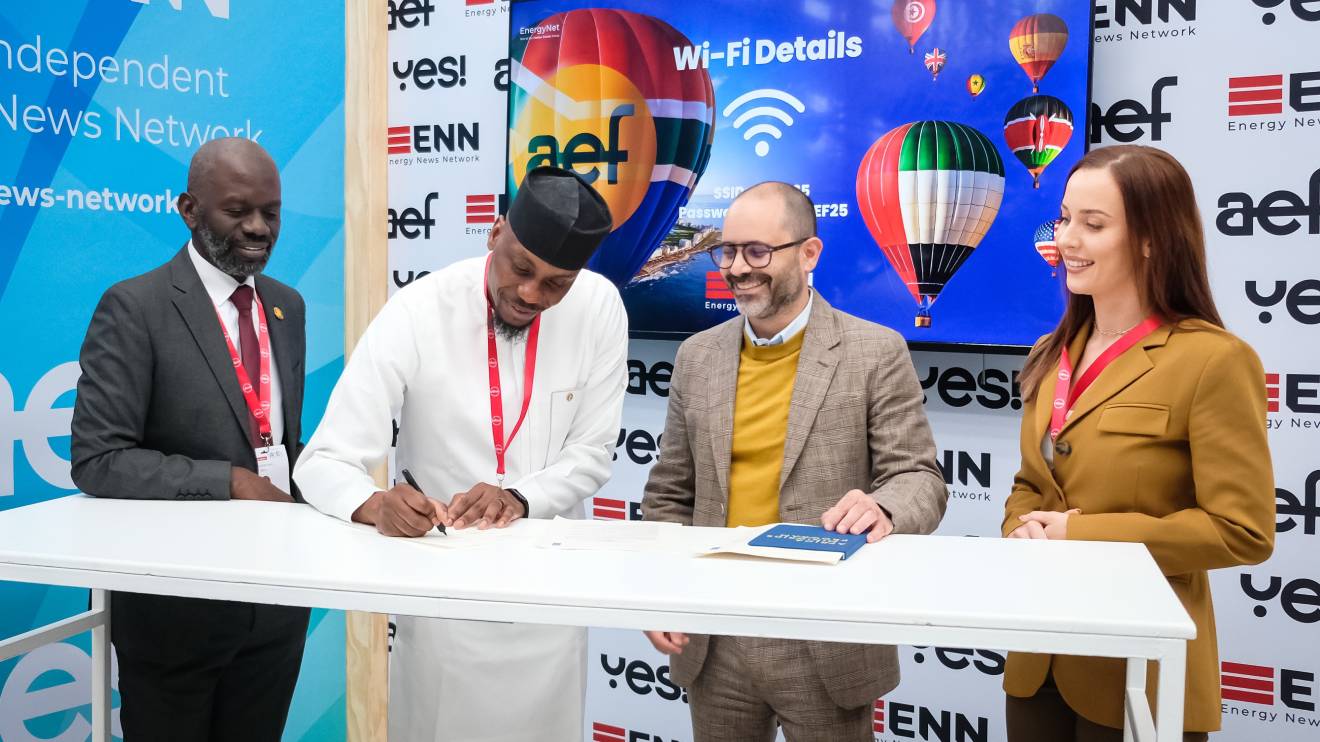
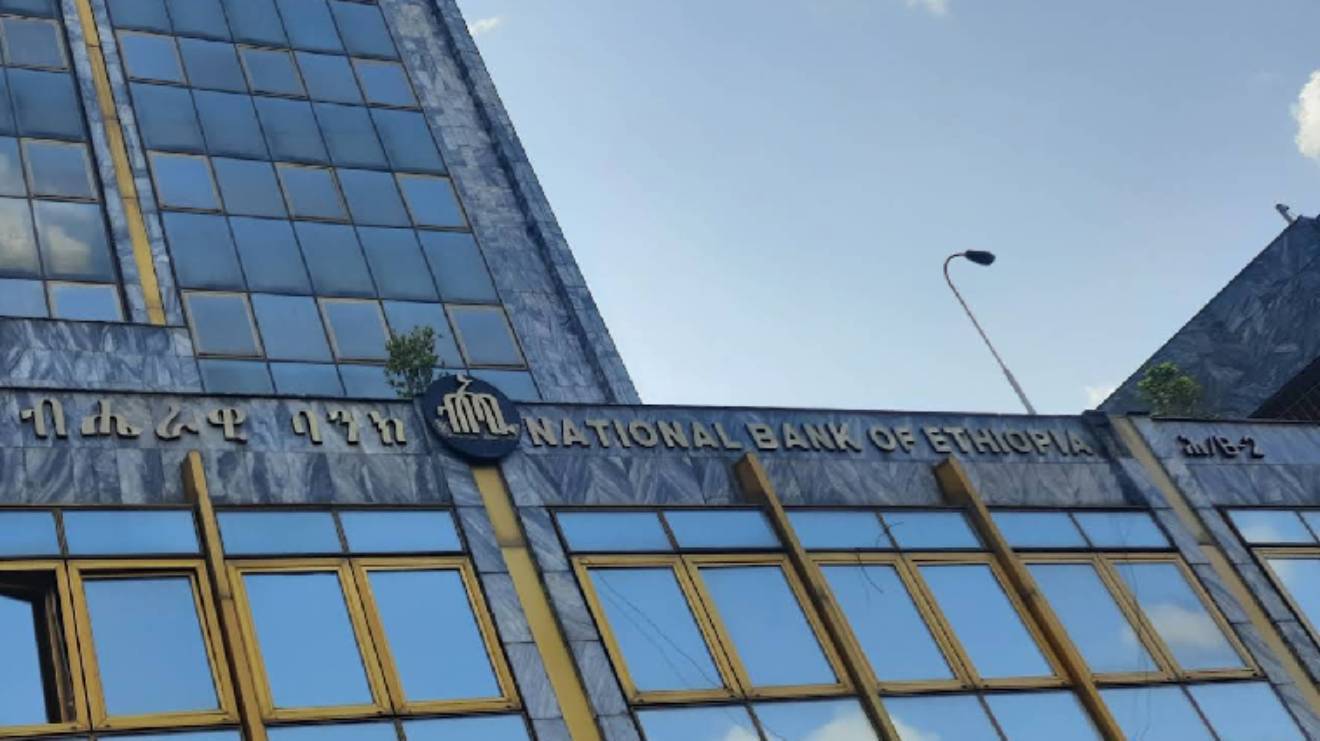
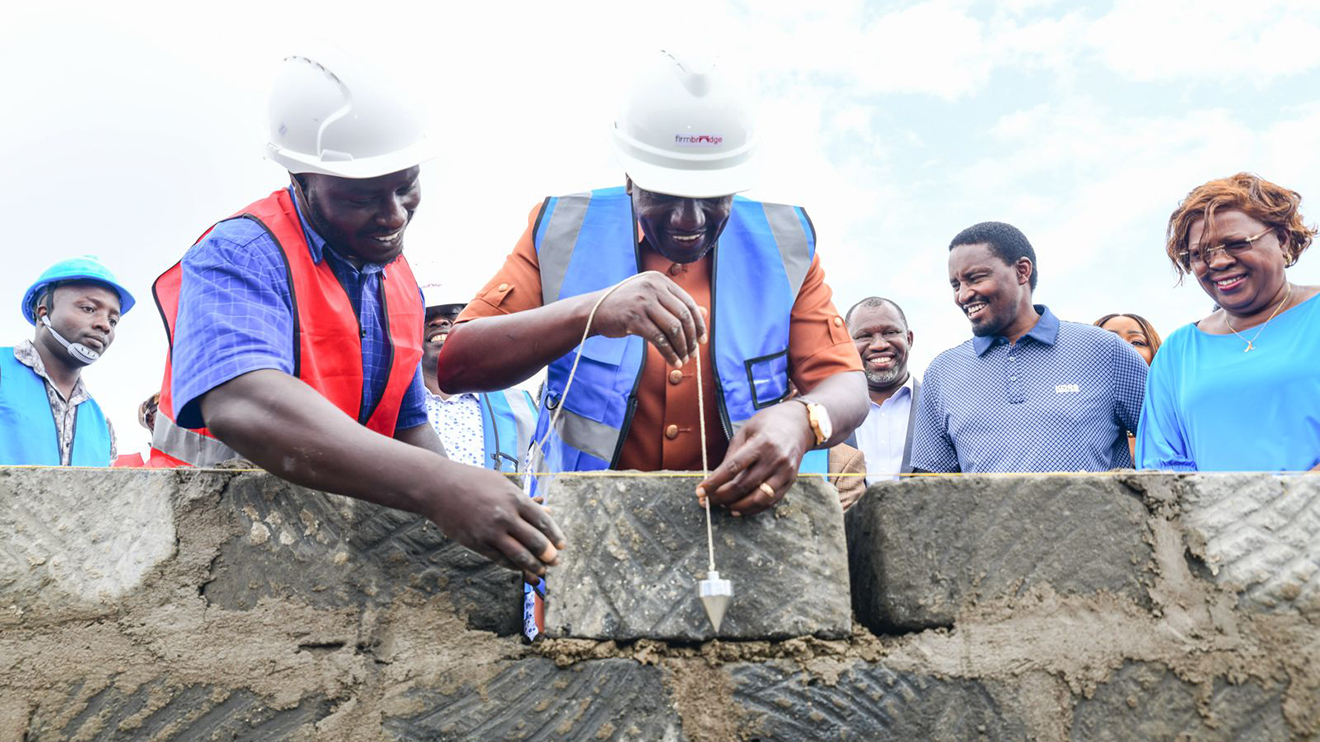
-1723526371.jpeg)
